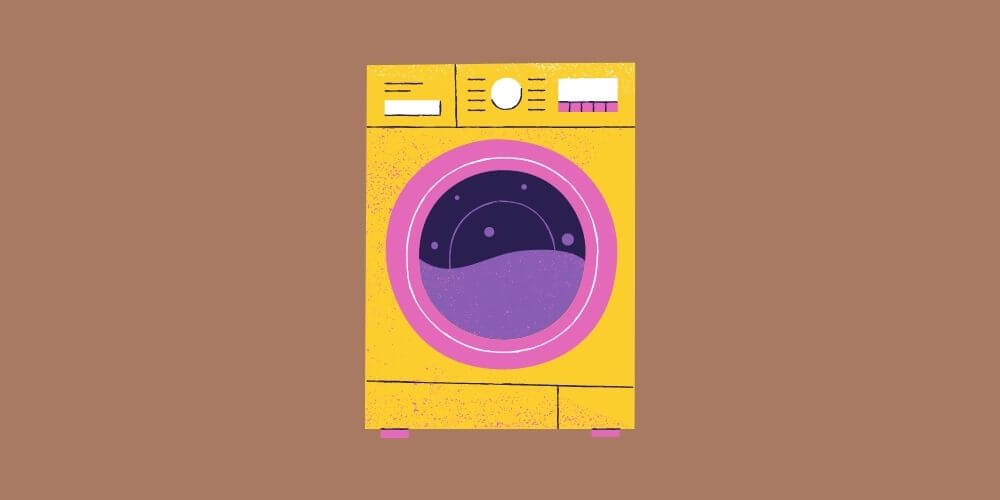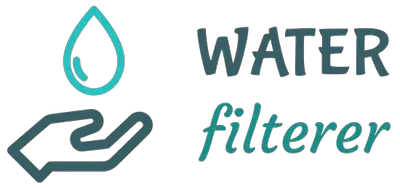Some people claim that liquid detergent is better for soft water, while others say that powder is the way to go. So, which is it? Let’s take a closer look at both options and see which one comes out on top.

Liquid detergent is better for soft water because it has less build-up and leaves your clothes softer. Powdered detergent can work too, but it often contains fillers that can leave residue behind on your clothes and in your washing machine.
This build up over time will actually cause the washer to feel harder than it should, which is why many people prefer liquid detergent.
If your water is already soft, using a powder detergent can make it temporarily harder. Also, some of the chemicals in powdered detergents are known to cause irritation if left on the skin for extended periods of time (by their solubility properties).
What soap washes off in soft water?
As a homeowner, you’re probably familiar with the different types of water: hard and soft. But what type of soap washes off better?
If you have soft water, make sure to choose a liquid detergent to get the best results. However, if you have well water, stick with a good old powder detergent.
The reason this type of soap works best with soft water is that the molecules don’t bind as well to hard minerals. So, it’s important to choose a detergent that won’t leave build-up behind – and liquid detergent types of soaps should do the trick.
Most liquid detergents also contain more surfactants, which helps the soap clean a variety of different stains. If you’re a big fan of DIY or homemade cleaners, then liquid detergents are going to be your best bet too.
In some instances, you might need to soak clothes in soft water before cleaning them. This is because the minerals in hard water can bind to dirt and grime, making it more difficult for soap to flush through and remove the stains.
Does liquid detergent leave less residue than powder?
Regardless of whether you use a liquid or powder detergent for your clothes, you’ll likely go through multiple loads before noticing a difference in the cleanliness of your clothes. However, many people find that detergents with fewer chemicals and additives tend to leave less residue on clothing.
Powder detergents may not be as good at getting rid of the same types of stains as liquid alternatives, so if you do notice any lingering marks after washing, you may want to switch over.
With that said, using a liquid detergent is always going to be your best bet if you have soft water – regardless of whether or not you notice a residue left behind on your clothes.
This is because this type of soap contains chemicals like enzymes, sodium carbonate peroxide, and sodium aluminum sulfate (alum) that can remove a variety of different stains and residues.
What is the difference between hard and soft water?
Well, hard water contains calcium and magnesium ions (though in much lower concentrations), while soft water contains only sodium or potassium ions. Soft water can also contain other metals like iron and copper in varying degrees.
These ions can build up in your water heater and appliances over time, which is why it’s important to use a water softening system if you have this type of water.
In most cases, hard water doesn’t pose a health risk, but it can cause your clothes to look dingy and feel scratchy. However, if the water is extremely hard – with a TDS level of 400 ppm or higher – then you may want to consider installing a water softening system.
The chemicals in hard water attach themselves to the fabric fibers and dull colors over time. The more you wash your clothes in this type of water, the more the minerals build up and create that filmy residue on top.
Once liquid detergents are mixed with hard water, they can begin to form a soap curd on the fabric surface. This will leave a film behind when dry, which is why it’s important to use a liquid detergent with soft water if you want to avoid this issue.
Which detergent is best for hard water?
If you’re like most homeowners, you probably think that all detergents are pretty much the same. After all, they all promise to get your clothes clean, so what’s the difference? The truth is, if you have hard water, using the wrong detergent can actually make your laundry problem worse.
If you have hard water, it’s best to use a powder detergent without fragrances or enzymes. These additives can leave behind residue when combined with hard water, making your clothes look dingy and feel scratchy
You should also avoid using powdered laundry detergents that are designed for sensitive skin, as this can lead to the same buildup that you’re trying to avoid.
In most cases, powder detergents should be your go-to choice for hard water. You should also go with unscented options, as fragrances can cause residue problems just like other additives.
Final Thoughts
Just as we need to switch between liquid and powder detergent when we move from one geographic location to another, we may also need to change the type of detergent we choose based on whether or not we have soft water.
Soft water helps reduce soap scum and residue that would normally build up in fabrics if the hard minerals hadn’t been removed. If you have soft water, you may want to try a liquid detergent that doesn’t contain any harsh chemicals or perfumes.
If you do not have soft water and live in an area where hard water is present, consider using a powder detergent that contains water softening agents.

